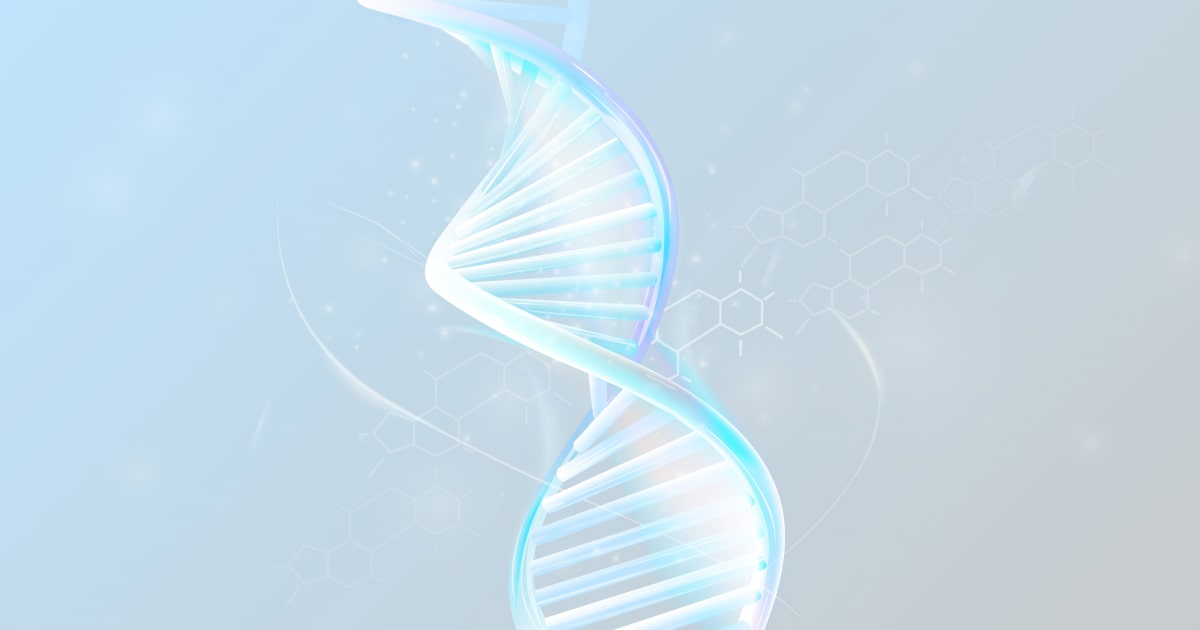
Expert Reviewed By: Dr. Brandon Colby MD
Understanding, diagnosing, and using genetic testing for duodenal stenosis can be a crucial step in managing this rare congenital disorder. Duodenal stenosis is a condition in which the duodenum, the first part of the small intestine, is narrowed, leading to gastrointestinal obstruction. This article aims to provide a comprehensive overview of duodenal stenosis, its diagnosis, and the role of genetic testing in managing this disorder.
Understanding Duodenal Stenosis
Duodenal stenosis is a congenital disorder, meaning it is present from birth. In some cases, it can be associated with other congenital gastrointestinal abnormalities, such as gastrointestinal malrotation, which further complicates the condition [2]. Symptoms of duodenal stenosis in neonates can include vomiting, abdominal distention, and failure to thrive. In older children, the condition may present with atypical symptoms, making diagnosis challenging [4].
Diagnosing Duodenal Stenosis
Early recognition and prompt diagnosis of duodenal stenosis are crucial for reducing morbidity and mortality. Diagnostic methods for duodenal stenosis include radiographic imaging, such as X-rays or ultrasound, and endoscopic examination. In some cases, a contrast study may be needed to visualize the obstruction and confirm the diagnosis [4].
Genetic Testing for Duodenal Stenosis
Genetic testing can play a significant role in understanding the underlying causes of duodenal stenosis and managing the disorder. In particular, genetic testing can help identify chromosomal abnormalities and copy number variants (CNVs) that may be associated with congenital gastrointestinal obstruction (CGIO) [1].
Identifying Chromosomal Abnormalities and CNVs
A study evaluating the risk of chromosome aberrations and abnormal CNVs in different types of CGIO found an increased risk of pathogenic chromosomal abnormalities and CNVs in complicated CGIO cases [1]. Identifying these abnormalities can help physicians better understand the etiology of duodenal stenosis and provide more targeted treatment options for patients.
Prenatal Detection of Abnormalities
Genetic testing can also be used for prenatal detection of chromosomal abnormalities and CNVs in fetuses with congenital gastrointestinal obstruction. This early detection can help physicians and families prepare for the potential challenges associated with duodenal stenosis and other related disorders [1].
Genetic Testing for Associated Conditions
As mentioned earlier, duodenal stenosis can be associated with other congenital gastrointestinal abnormalities, such as gastrointestinal malrotation [2]. Genetic testing can help identify these associated conditions, allowing for a more comprehensive understanding of the patient's overall health and guiding appropriate treatment options.
Conclusion
Understanding, diagnosing, and using genetic testing for duodenal stenosis is essential for managing this rare congenital disorder. Early detection and prompt intervention can significantly improve patient outcomes. By identifying chromosomal abnormalities and CNVs, genetic testing can provide valuable insights into the underlying causes of duodenal stenosis and help guide targeted treatment strategies. Furthermore, genetic testing can aid in the early detection of associated conditions, providing a more comprehensive understanding of the patient's overall health and ensuring the best possible care.
About The Expert Reviewer
Dr. Brandon Colby MD is a US physician specializing in the personalized prevention of disease through the use of genomic technologies. He’s an expert in genetic testing, genetic analysis, and precision medicine. Dr. Colby is also the Founder of and the author of Outsmart Your Genes.
Dr. Colby holds an MD from the Mount Sinai School of Medicine, an MBA from Stanford University’s Graduate School of Business, and a degree in Genetics with Honors from the University of Michigan. He is an Affiliate Specialist of the American College of Medical Genetics and Genomics (ACMG), an Associate of the American College of Preventive Medicine (ACPM), and a member of the National Society of Genetic Counselors (NSGC)